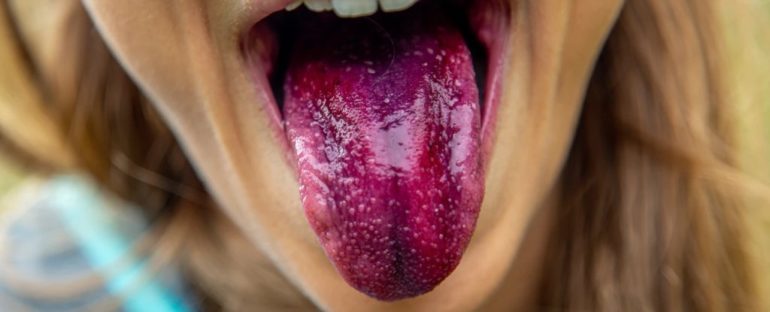If you are extremely sensitive to bitter flavors, you may be more resistant to SARS-CoV-2 – at least, that seems to be the implication from a newly published study.
According to data from nearly 2,000 patients in Baton Rouge, Louisiana, people with the ‘supertaster’ variant of a taste receptor gene made up a disproportionately small percentage of those testing positive for COVID-19.
This finding not only furthers a link between the gene variant and reduced susceptibility to upper respiratory tract infections, but could help doctors better assess the risk and outcomes of COVID-19.
“We set out to identify an association between T2R genotype with phenotype and outcomes after infection with COVID-19,” the researchers wrote in their paper.
“We present our findings as an area that warrants further scientific study to potentially create a safe, cost-effective, accurate, and easily scalable screening tool that has the potential to stratify patients into groups and assess the risk of infection with SARS-CoV-2 and the expected clinical course of the disease.”
The idea arose when a team of medical doctors led by Henry Barnham of Sinus and Nasal Specialists of Louisiana set out to investigate one of the hallmark symptoms of COVID-19 – the subjective loss of taste and smell. They gave a taste test to 100 patients who had tested positive for the virus, and, curiously, found that none of them was a supertaster.
Obviously, they decided this warranted more investigation, and between 1 July and 30 September 2020, they expanded their research to 1,935 patients at their tertiary outpatient clinical practice and inpatient hospital.
These patients were given the same taste test – strips of litmus paper treated with phenylthiocarbamide, thiourea, or sodium benzoate. The first two substances can taste either extremely bitter or like nothing at all, and sodium benzoate can taste sweet, salty, sour, bitter or – again – like nothing.
Together, the three taste tests helped to determine whether the patient likely had the supertaster variant of a bitter taste receptor gene called TAS2R38. Patients were then categorized in three groups – of the 1,935 participants, 508 (26.3 percent) were supertasters, 917 (47.4 percent) were tasters, and 510 (26.4 percent) were nontasters, people with a lower-than-average taste perception.
From the group, a total of 266 patients tested positive for SARS-CoV-2 in a polymerase chain reaction (PCR) test – currently the gold standard for COVID-19 diagnosis.
The distribution of those 266 patients did not match the distribution of the entire 1,935-participant group. Just 104 COVID-19 patients (39.1 percent) were from the taster group. The nontaster group was startlingly disproportionately represented; although they only constituted 26.4 percent of the entire group, they made up 55.3 percent of the COVID-19 group, with 147 of the 266 patients falling into this category.
Finally, supertasters made up just 5.6 percent of those infected by SARS-CoV-2, at 15 patients.
Taste sensitivity was linked to the severity of the disease, too – 55 of the 266 positive patients had to be hospitalized; and 47 of those were classified as nontasters. It’s also important to note that none of the patients reported loss of taste as a symptom (although roughly half did experience loss of smell).
The doctors think this may have something to do with the way activation of bitter taste receptor genes can trigger an immune response, mainly the calcium-ion-driven production of nitric oxide, a compound that can damage invading microbes. These calcium ions can also trigger certain respiratory cells to release antimicrobial compounds.
The study does have some limitations. The supertasters were identified phenotypically, that is, based on observable traits. Future work could genetically confirm the taste sensitivities of the patients. In addition, given that SARS-CoV-2 is a new virus, there’s a lot we don’t know about how it behaves in different populations.
However, the discovery does suggest a fascinating new avenue for investigating and assessing patient risk and outcome, as well as how the disease operates.
“Bitter taste receptors appear to play a crucial role in the innate immunity against upper respiratory tract pathogens,” the researchers wrote in their paper.
“This finding carries potential global implications for our understanding of SARS-CoV-2, in addition to yearly infections with additional viruses, including influenza.”
The research has been published in JAMA Network Open.



